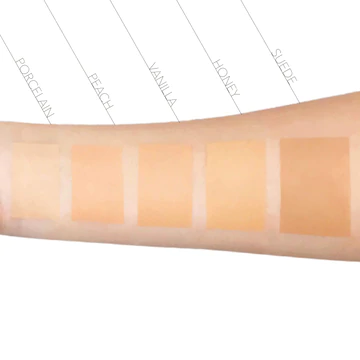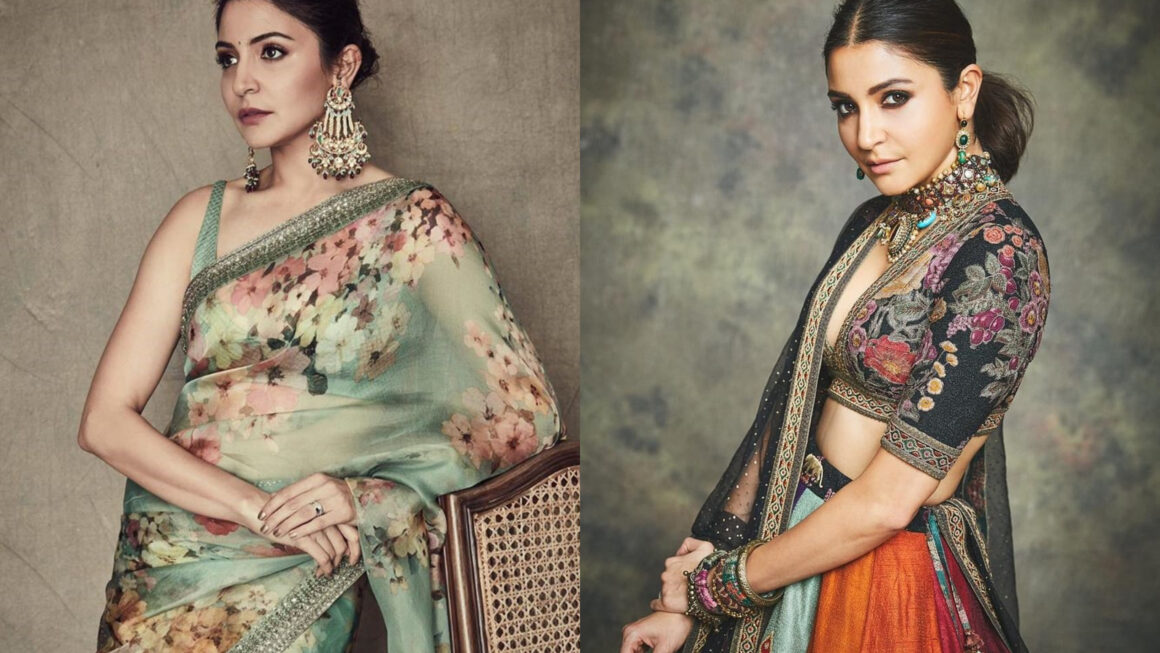Maybe you’ve gone vegan, stopped wearing leather, or even tried to be flexitarian because you care about animal welfare. However, animal-derived substances could be lying in plain sight in your cosmetics. Furthermore, even though the ingredients are officially vegan, some brands may conduct animal testing.
Animal components in lipstick and eyeshadow are far more frequent than you might believe. Some cosmetics contain animal fats like beeswax or tallow, as well as even more repulsive components like carmine, a deep red pigment created from insects that may be found in many red lipsticks.
When it comes to animal experimentation, several companies have begun to phase it out, yet it still happens. Here’s what you need to know about cruelty free cosmetics and vegan beauty products:
- Vegan cosmetics are those that have been created without the use of any animal ingredients or byproducts.
- The term “cruelty-free” refers to a product that has not been tested on animals, as well as any raw materials utilised in its manufacture.
While many well-known products aren’t vegan or cruelty-free, this doesn’t make vegan or cruelty-free makeup any less effective or appealing.
How To Make Beauty More Vegan Friendly?
- Do Your Research
Vegans must have a thorough understanding of what they can and cannot consume. As a result, conduct your study properly. Learning more about animal products, where they come from, and how they are made may provide a wealth of information that any vegan beauty fanatic will appreciate.
- Read Your Ingredient List
Move on to the next stage of examining the ingredient list of your products once you’ve determined what works and what doesn’t in your vegan beauty routine. What your serum or concealer is actually made of can be found on the back of the bottle, tub, or tube in small text. The common name is frequently mentioned in brackets in ingredient lists, and if it isn’t, a Google search will tell you everything you need to know.
- Go Beyond Ingredients To Practices
Plant-based components are essential to veganism, but it’s not just about what’s in the product; it’s also about how it’s made. Animal testing is not only unethical but it is also prohibited in vegan beauty because it relies on animals to test cosmetics, which is deemed cruel to the beautiful creatures. Animal-cruelty-free products are perfectly safe to use.
Conclusion
Cosmetic animal testing is both inhumane and pointless. When it comes to new medical procedures that could save people’s lives, animal testing may be justified, but when it comes to cosmetics, there is no need to torture innocent animals to create variations of items we already have. Furthermore, there are a variety of alternative tests that may be performed in American labs that are more accurate than animal experiments. It is simple for everyone to contribute to the solution of this problem; consumers simply need to stop supporting animal-testing corporations by refusing to buy products that have been tested on animals.





